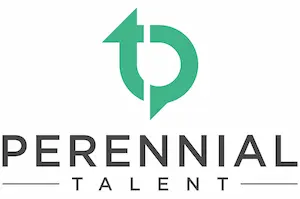Our competency dictionary is organized into five categories. The Cognitive, Business, Individual, and Social competencies can be considered “soft-skills” or transferable behaviors that apply to a variety of jobs across the entire organization. In contrast, the Technical competencies are narrower in their focus and focus on those behaviors related to the application of technical or functional knowledge to a specific job or jobs.
| Cognitive | Business |
|---|---|
| Processing and evaluating information to generate solutions. | Applying organizational specific knowledge and procedures to drive organizational results. |
| Individual | Technical |
| Applying personal skills and abilities to achieve results. | Applying technical or functional knowledge, skills and abilities needed to perform a job. |
| Social | |
| Building and nurturing interpersonal relationships with others. | |
Example competency:

Benefits:
- Includes guidelines for when certain competencies are most relevant to use
- Includes guidelines for how easy/hard it is to develop the skills in each competency
- Includes 4 stages of development, from still learning to mastery, covering the full range of roles
- The 4 stages are accumulative, so behaviours do not need to repeat at higher levels
- Key areas call out critical themes associated with each competency
- The behavioral examples are simple, objective, and measurable

